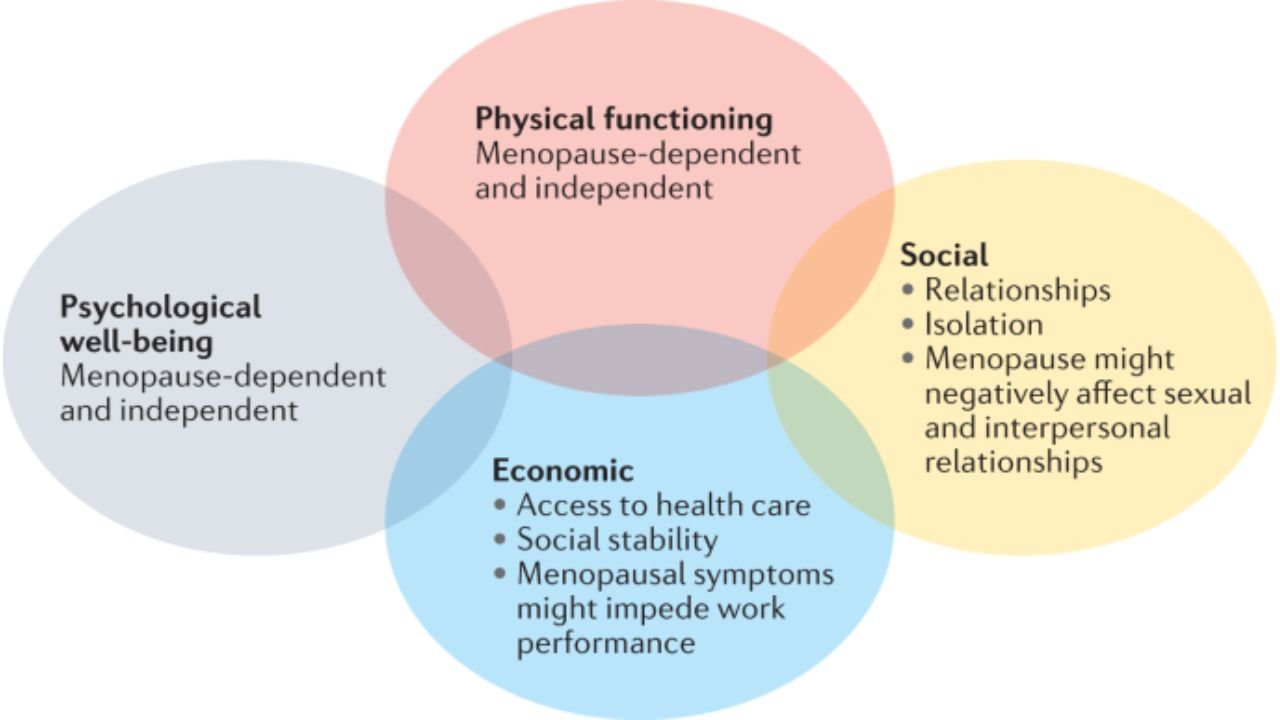Many individuals considering Transcranial Magnetic Stimulation (TMS) treatment have questions about its effects on their daily energy levels. The question “does TMS make you tired?” frequently comes up during medical consultations.
Understanding TMS and Its Effects on Energy
Transcranial Magnetic Stimulation uses targeted magnetic pulses to stimulate specific regions of the brain, particularly those associated with mood regulation. The common question “does TMS therapy make you tired?” stems from the treatment’s direct interaction with brain tissue.
The full procedure, formally known as transcranial magnetic stimulation, involves the brain naturally using energy to process these signals, similar to how physical exercise requires energy from muscles.
The body’s response to TMS treatment varies significantly among individuals. Some might experience mild fatigue during the initial weeks, while others report increased energy levels as their depression symptoms improve. These variations often depend on several interconnected factors:
- Treatment timing and individual circumstances
- Overall health status and sleep patterns
- Current medication regimens
- Stress levels and daily commitments
- Dietary habits and physical activity levels
- Treatment frequency and intensity
Physical Response Patterns and Energy Management
The initial adjustment period to TMS therapy can influence energy levels in various ways. Many patients wonder why does TMS make you tired during the first few sessions. This temporary fatigue often relates to the brain’s adaptation to the treatment. The neural circuits undergo changes as they respond to the magnetic stimulation, which can temporarily affect energy levels.
Sleep patterns might shift slightly during the early phase of treatment. Some individuals notice changes in their sleep quality or duration, which typically stabilize as the body adjusts to the treatment schedule. Maintaining consistent sleep habits and regular daily routines helps support better energy management throughout the treatment course.
Regular physical activity remains beneficial during TMS treatment, though modifications might be necessary. Light to moderate exercise often helps maintain energy levels, while intense workouts may need careful scheduling around treatment sessions. The key lies in finding the right balance between staying active and allowing adequate rest.
Treatment Response and Professional Monitoring
Healthcare providers closely track patient responses throughout the TMS course. Regular assessment of energy levels and other symptoms helps optimize the treatment approach. This monitoring ensures the best possible outcomes while managing any fatigue-related concerns effectively.
The timing of TMS sessions can significantly impact daily energy patterns. Morning sessions might work better for some individuals, while others find afternoon appointments more suitable. Treatment schedules often require adjustment based on individual responses and daily routines.
Practical Strategies for Daily Management
Successfully managing energy levels during TMS treatment often involves implementing several practical approaches:
- Creating structured daily routines that allow for rest when needed
- Maintaining regular meal times and balanced nutrition
- Ensuring adequate hydration throughout the day
- Establishing consistent sleep patterns
- Planning activities around treatment sessions
- Making time for light physical activity when appropriate
Long-term Perspectives and Treatment Outcomes
Most individuals find their energy levels stabilize as treatment progresses. The initial adjustment period, which might include some fatigue, typically gives way to more consistent energy levels. This stabilization often coincides with improvements in depression symptoms, leading to better overall function.
Medical observations suggest that this temporary fatigue usually resolves within the first month of treatment. As the brain adapts to the magnetic stimulation, many patients report feeling more alert and focused throughout their day, with enough energy to resume their regular daily activities.
Understanding Normal Variations
Energy fluctuations during TMS treatment fall within an expected range. These variations often mirror natural daily energy patterns, though they might feel more pronounced during the early treatment phase. Environmental factors, daily circumstances, and personal obligations all influence how individuals experience and manage treatment-related fatigue.
The treatment environment itself can affect energy levels. A supportive, comfortable setting helps optimize the treatment experience. Creating conducive environments both at home and work facilitates better management of any temporary energy fluctuations during the treatment course.
Research Insights and Professional Observations
Current research continues to examine the relationship between TMS and energy levels. Studies suggest varying responses among individuals, with some experiencing temporary fatigue while others report increased energy as their depression symptoms improve. These different responses highlight the individualized nature of TMS treatment effects.
Response patterns to TMS therapy often follow certain trends, though individual experiences vary significantly. Some notice energy changes early in treatment, while others experience more gradual shifts. Understanding these patterns helps set realistic expectations for the treatment course.
Practical Considerations for Treatment Success
Transportation planning plays a crucial role in managing energy levels during treatment. Some individuals benefit from arranging transportation assistance, especially during the early phase when energy patterns might be less predictable. This practical support helps conserve energy for essential daily activities.
Work and activity scheduling require thoughtful consideration during the treatment period. Flexible scheduling often proves beneficial, allowing for adequate rest while maintaining productivity. Many individuals find that small adjustments to their daily routines help them manage their energy more effectively throughout the treatment course.
Post-Treatment Expectations and Outcomes
The post-treatment period typically brings stabilization of energy levels. Most individuals find their energy patterns return to normal or improve compared to pre-treatment levels, especially as depression symptoms decrease. Understanding the temporary nature of treatment-related fatigue helps maintain perspective during the treatment course.
Regular communication with healthcare providers throughout the treatment process ensures optimal outcomes. Any concerns about energy levels can be addressed promptly, allowing for adjustments to the treatment approach when necessary.
This collaborative approach helps maximize the benefits of TMS therapy while effectively managing any temporary effects on energy levels.
The majority of individuals find that any temporary changes in energy levels during TMS treatment are manageable with proper support and strategies.
The potential benefits of improved mood and function often outweigh temporary energy fluctuations during treatment. With appropriate preparation and management techniques, individuals can effectively handle any energy-related changes while pursuing their treatment goals.



